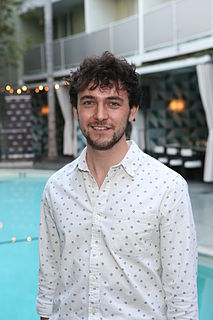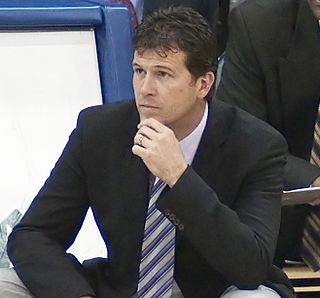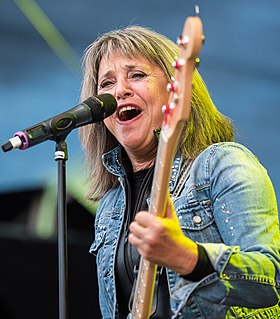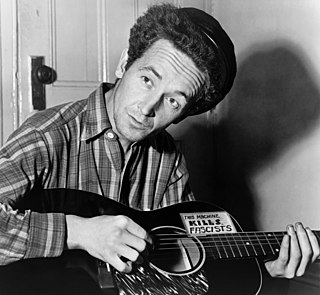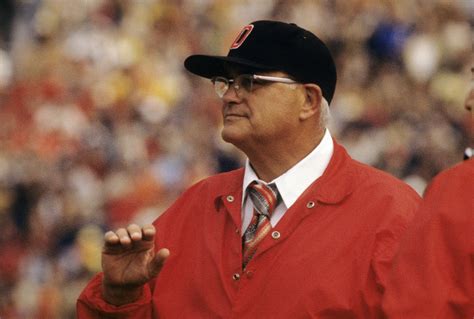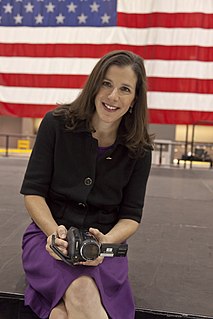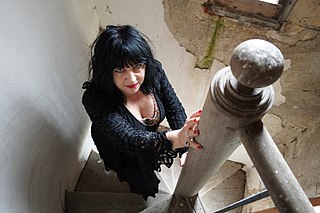A Quote by George Blagden
The Vikings colonized Britain, and a lot of our modern day towns are named after Viking names that settled these big towns.
Related Quotes
We do have a big kind of history in literate tradition of Vikings and we have a lot of Viking blood in Scotland, I mean especially up north wherever you go you see a plastic Viking sitting outside a shop and Viking calendars and - because they - you know they came down and stole all our chicks and then some of them didn't quite get back and ended up settling down here. So there's a lot of Viking blood in Scotland.
Okemah was one of the singingest, square dancingest, drinkingest, yellingest, preachingest, walkingest, talkingest, laughingest, cryingest, shootingest, fist fightingest, bleedingest, gamblingest, gun, club and razor carryingest of our ranch towns and farm towns, because it blossomed out into one of our first Oil Boom Towns.
The consequences of these institutions (The towns or districts, the congregations, the schools,and the militia.) have been, that the inhabitants, having acquired from their infancy the habit of discussing, of deliberating, and of judging of public affairs, it was in these assemblies of towns or districts that the sentiments of the people were formed in the first place, and their resolutions were taken from the beginning to the end of the disputes and the war with Great Britain.
Living in Barcelona, I have my own little ghetto utopia. There are 3,000 ghost towns in Spain, and I've used the images of them a lot in my backdrops for my solo spoken-word stuff. The ghost towns could be from two buildings to 40 - things died out, or there were plagues, the roads don't lead there, whatever.
